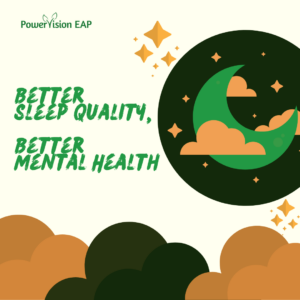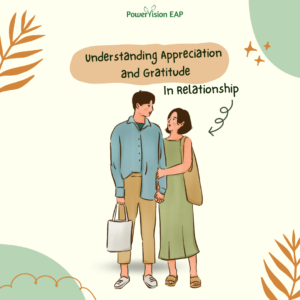Positive psychology puts emphasis on:
building strengths and the best things that life has to offer while managing weaknesses and repairing the worst things in life.
(MAGYAR-MOE, OWENS, & CONOLEY, 2015)
And you can use these concepts to make your relationship more stable and satisfying. Here are three ways to use positive psychology in your relationship.
Be responsive to your partner.
Responsiveness in a relationship means being aware of each others’ core needs and values. Be sensitive and support your partner in living our their values through your actions. For example, if your partner is a stickler for punctuality, try your best to be punctual when you go out together. Responsive behavior that is active and constructive enhances the quality of the relationship. When your partner believes that you are is responsive to their needs, they tend to feel good about themselves and are more willing to be open and emotionally vulnerable. It builds up their self-esteem and enhances their mood, which in turn makes them feel closer to their partner. When your partner shares a positive experience, try to respond in an active and congratulatory way. This helps build trust and increases the closeness between the two of you as well as making your partner feel good.
Focus on the resolution.
All couples experience conflicts, and the way you communicate and cope with these conflicts can affect the quality and stability of your relationship. Major conflicts that cause distress in the relationship are criticizing your partner’s personality, responding defensively to your partners’ criticisms, perceiving that your partner is beneath you, and refusing to engage with your partners’ concerns. Again, active and constructive responses predict higher satisfaction in the relationship and decrease the likelihood of breaking up. Major relationship problems must be directly addressed so that they will not be able to destabilize the relationship further. It is hard to have these kinds of discussions, and you and your partner may experience greater distress whenever you actively and constructively confront major problems. But this increases the likelihood of resolution and having a happier relationship over time.
Forgiving one another for each other’s transgressions also encourages more constructive responses and increases the stability of your relationship over time. When we make amends and forgive wholeheartedly, we tend to develop greater self-respect and clearer self-views, which helps us communicate or interact more effectively in the future.
Engage in relationship maintenance activities.
Commitment is an important factor in the maintenance of a relationship. It emerges from a feeling of satisfaction in the relationship, investing in the relationship, and having the belief that not being in the relationship is less desirable. Here are some of the relationship maintenance thoughts and behaviors that enhance your commitment to the relationship and builds trust in your partner:
(a) perceiving your relationship as better than others’,
(b) ignoring or avoiding romantic alternatives or temptations,
(c) making sacrifices to benefit the relationship, and
(d) forgiving your partners’ transgressions.
It is easier to trust one another when you develop more faith that each of you has the other’s best interests at heart. It also helps to engage in new and exciting activities with each other and adopting a neutral perspective of your conflicts. This helps increase romantic-relationship excitement, positive emotions, and relationship satisfaction. With your partner, try writing down a list of 10 potentially exciting activities. Then set aside a particular date, time, and place to do at least on exciting activity every week.
Here at PowerVision, our counselors can provide relationship counseling to employees who are having a relationship or marital problems. We provide workplace counseling services or Employee Assistance Programs (EAP) to companies in the Philippines. These services include phone counseling and face-to-face sessions to help employees overcome problems that might be affecting their performance at work. Depending on the package, employees can even bring their partner, family members, or dependents for a face-to-face relationship or family counseling session. Contact us for more information!
References:
- Finkel, E. J., Simpson, J. A., & Eastwick, P. W. (2017). The Psychology of Close Relationships: Fourteen Core Principles. Annual Review of Psychology, 68(1), 383–411. doi:10.1146/annurev-psych-010416-044038
- Magyar-Moe, J. L., Owens, R. L., & Conoley, C. W. (2015). Positive Psychological Interventions in Counseling. The Counseling Psychologist, 43(4), 508–557. doi:10.1177/0011000015573776











